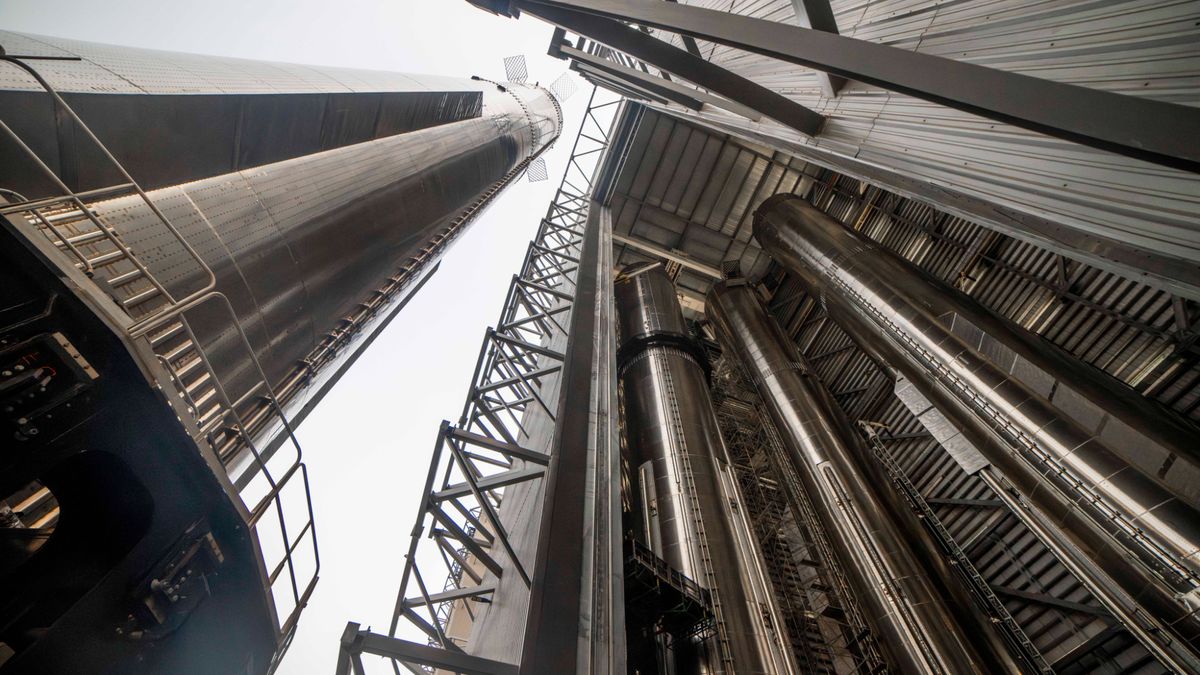HELSINKI (Reuters) – The Kremlin said on Wednesday it may seize more Western assets in response to foreign moves against Russian companies after it temporarily seized assets of two European state-owned facilities.
President Vladimir Putin late Tuesday signed a decree placing the Russian assets of Finland’s Fortum (FORTUM.HE) and Germany’s Uniper (UN01.DE), which operate power plants in Russia, under Moscow’s control. Russia made it clear that the move could be reversed.
Uniper said it was reviewing actions against its Russian unit Unipro (UPRO.MM). Fortum said it is investigating and has learned from its Russian subsidiary that the company’s CEO has been replaced and the unit has been placed under temporary asset management.
A spokesman for Germany’s Finance Ministry, which oversees government ownership of Uniper, said Berlin needed to assess the concrete effects of the Russian decree.
Outgoing Finnish minister in charge of state property Titi Toupurenen tweeted that the information was troubling and that the state, as the majority owner of Fortum, would be following the matter closely.
Moscow has reacted angrily to reports that the Group of Seven is considering a near-total ban on exports to Russia, while many have called for tougher sanctions to limit Russia’s ability to fight in Ukraine.
Meanwhile, the European Union is looking into using frozen Russian assets to rebuild Ukraine. Germany nationalized a former division of Russian energy giant GAZP.MM last year.
“The decree that was adopted is a response to the aggressive actions of unfriendly countries,” said Kremlin spokesman Dmitry Peskov. “This initiative reflects the attitude of Western governments towards the foreign assets of Russian companies.”
Peskov added that Putin’s decision “does not deal with ownership issues and does not deprive the owners of their assets. Because the external management is temporary and only means that the original owner no longer has the right to make administrative decisions.”
“The main purpose of the decree is to form a compensation fund for the possible application of reciprocal measures in response to the illegal expropriation of Russian assets abroad.”
Lack of clarity
Uniper owns 83.73% of Unipro, which operates five power plants with a total capacity of more than 11 GW in Russia and employs about 4,300 employees.
Fortum’s Russia division owns seven thermal power plants in the Urals and Western Siberia, and a portfolio of wind and solar power plants in Russia with local partners. The book value of those assets reached 1.7 billion euros ($1.87 billion) by the end of 2022.
Fortum is majority owned by Finland, which joined the NATO military alliance early this month in a move Moscow called a grave mistake.
The Finnish Foreign Ministry did not immediately comment on how Russia’s decision might affect relations between the two countries.
“Fortum’s current understanding is that the new decree does not affect ownership (registered ownership) of assets and businesses in Russia,” the company said in a statement.
“However, it remains unclear how this affects, for example, the Russian operations of Fortum or the ongoing divestment process,” she added.
Both companies are trying to get out of Russia. In February, Uniper valued its stake in Unipro at a symbolic €1 to reflect the possibility of no deal.
Peskov said that external management of assets “of paramount importance for the stable functioning of the Russian energy sector” had been introduced and that the list could be expanded.
The shares of the two entities were placed under the temporary control of Rosimushchestvo, the federal government property agency.
New CEOs were installed, Vasily Nikonov at Unipro and Vyacheslav Kozhevnikov at Fortum in Russia, with both men moving from Russian oil companies at Rosimushchestvo’s behest.
Russia’s state-owned bank VTB (VTBR.MM) said this week that Russia should consider seizing and managing assets of foreign companies such as Fortum, returning them only when sanctions are lifted. Fortum has previously indicated expropriation risks.
Asset sales by investors from “unfriendly” countries — as Moscow calls those that have imposed sanctions on Russia — require approval from a government committee and, in some cases, the president.
Moscow’s move creates a new headache for companies trying to extricate themselves from Russia. Companies with stakes in energy projects and banks are already facing tougher exit paths.
Wintershall DEA (BASFn.DE), [RIC:RIC:WINT.UL]which still owns stakes in a number of Russian joint ventures with Gazprom, described Moscow’s policies as “unpredictable” and “unreliable”.
($1 = 0.9094 euros)
(Reporting by Essie Leto and Anna Ringstrom; Editing by Terje Solsvik.)
Our standards: Thomson Reuters Trust Principles.

“Beer buff. Devoted pop culture scholar. Coffee ninja. Evil zombie fan. Organizer.”





/cloudfront-us-east-2.images.arcpublishing.com/reuters/MLOCRAE4UNMR5PCUQ3RXCG4HRM.jpg)
More Stories
Billboard collapse in Mumbai: 14 dead and dozens injured
A legendary treasure apparently belonging to a notorious 18th-century fraudster has been discovered in Poland
Fighting intensified in Kharkiv with Russia announcing the entry of its forces into Vovchansk